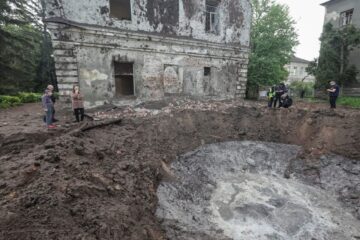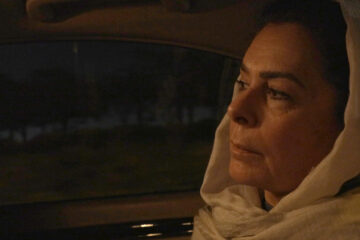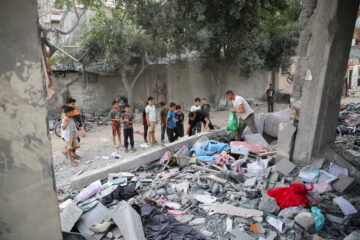Nepal adopts new democratic constitution
Nepal adopted its first democratic constitution on Sunday in a largely peaceful event, a historic step for a nation that has seen war, a palace massacre and devastating earthquakes since a campaign to create a modern state began more than 65 years ago.
President Ram Baran Yadav promulgated the charter intended to unite the country, but it has already exacerbated divisions in some places with 40 people killed in protests against it in recent weeks.
"Our country is multi-ethnic, multi-lingual, multi-religious and multi-cultural … this new document will safeguard the rights of all Nepali brothers and sisters," Yadav said, signing five copies of the constitution into law as lawmakers thumped tables. Some of them cried.
Firecrackers went off in Kathmandu in celebration, and some Nepalese spoke of their relief that the country could now move on.
In the capital Kathmandu, a crowd of more than 2,000 people cheered and took pictures of the constituent assembly building decked out in red and blue Nepali flags.
Neighboring powers India and China are keen to see stability and to limit each other\’s influence in the poor Himalayan country sandwiched between them.
The earthquakes that killed more than 9,000 people in Nepal this year galvanized politicians, who had squabbled for seven years to finish the charter.
It creates seven states in a secular, federal system, but is opposed by some groups who wanted to re-establish Nepal as a Hindu nation, and others who feel it is unfavorable to people in the plains, near India.
Demonstrations in the lowlands in recent weeks were met with a tough response from Kathmandu, which ordered in the army after protesters attacked and killed police. More than 40 protesters and police died.
The unrest troubles India, which on Sunday urged Nepal to resolve differences between groups through dialogue.
China has welcomed the new constitution saying that as a "friendly neighbor" it hoped for increased stability and growth.
The government says an imperfect document is better than nothing, and the constitution can be amended to reflect the aspirations of dissenting groups.
Nepal\’s 239-year old monarchy was abolished in 2008, seven years after an unhinged crown prince killed the king and eight members of his family at the height of a Maoist uprising.
Disgruntled royalist politicians voted against the charter on Wednesday, while some parties from the southern lowlands abstained.
The Maoists laid down their arms in 2006 and joined democratic politics in an India-brokered peace deal that paved the way for the constitution. Wrangling hampered progress on the draft and several governments have come and gone in the interim.
Prime Minister Sushil Koirala is expected to stand down to allow a new government under the charter. He may be replaced by KP Oli, from a moderate Communist party.
Clauses over citizenship in the country of 28 million people were some of the most contentious with critics saying they discriminate against women who marry foreigners, and that their children are denied equal access to citizenship.
Estimates of the number of stateless people in Nepal range from 800,000 to 4 million.
SOURCE: REUTERS
[do_widget_area inner_adsbar]










